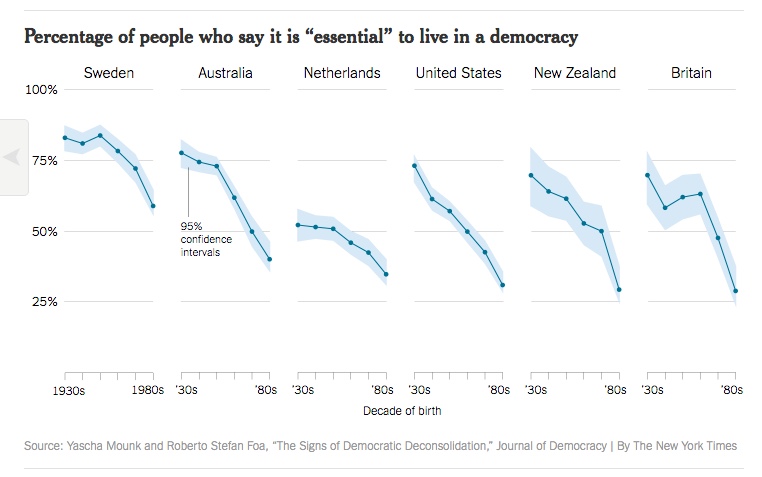This week the Human Rights Committee (LIBE) in the European Parliament will finalize the formalities on the new EU directive on combating terrorism. There is little room for changes, as there has been closed door negotiations (trialogue) on the content between the Parliament, the Council (member states) and the Commission. From LIBE the directive will go to the vote in the December Parliamentary plenary session in Strasbourg.
This directive is an odd document as national security is not formally an EU competence. Newer the less, it has been rushed trough the system and is now close to becoming EU law.
The document can be seen as a response to the Paris and Brussels terrorist attacks. It is surely the result of pressure on EU member states interior ministers to be seen to do… something.
The directive is notably vague. Maybe even suspiciously vague.
Among the listed purposes for illegal terrorist actions, we can read the following »seriously destabilising or destroying the fundamental political, constitutional, economic or social structures of a country or an international organisation«. And on form… »given their nature or context«.
This is vague. And it sounds dangerously close to… suppressing opposition or perfectly legitimate disruptive political activism. Would this label e.g. a tax revolt terrorism?
Threats to »information systems« resulting in »major economic loss« are also mentioned. Exactly where does this place some forms of hacking or maybe a DDoS attack? Will hackers now be deemed to be terrorists?
And exactly what does the following suggest? »Member States shall take the necessary measures to ensure that the distribution, or otherwise making available, of a message to the public, with the intent to incite the commission of one of the offences listed in points (a) to (h) of Article 3(2), where such conduct, whether or not directly advocating terrorist offences, causes a danger that one or more such offences may be committed, is punishable as a criminal offence when committed intentionally.«
The wording »whether or not directly advocating terrorist offences« is just confusing.
»For an offence referred to in Article 4 and Title III to be punishable, it shall not be necessary that a terrorist offence be actually committed, nor shall it be necessary to establish a link to a specific terrorist offence or, insofar as the offences in Articles 9 to 11 are concerned, to specific offences related to terrorist activities.«
Isn’t that a bit ambiguous?
So it continues. And I’m not the only one being suspicious…
Amnesty International, the European Network Against Racism (ENAR), European Digital Rights (EDRi), the Fundamental Rights European Experts (FREE) Group, Human Rights Watch (HRW), the International Commission of Jurists (ICJ) and the Open Society Foundations (OSF) are warning that the overly broad language of the new EU Directive on Combating Terrorism could lead to criminalising public protests and other peaceful acts, to the suppression of the exercise of freedom of expression protected under international law, including expression of dissenting political views and to other unjustified limitations on human rights. The Directive’s punitive measures also pose the risk of being disproportionately applied and implemented in a manner that discriminates against specific ethnic and religious communities.
It seems that the purpose of this directive is to expand the scope of the anti-terror legislation to cover as much as possible. The risk is that it will go too far – labeling opposition, activism, hacking, and some other political activities as terrorism. Especially as it is up to the member states to implement this directive. There are plenty of politicians in Europe just looking for an excuse to silence uncomfortable voices and disruptive political movements.
/ HAX
LIBE meeting documents »
EDRi: European Union Directive on counterterrorism is seriously flawed »
